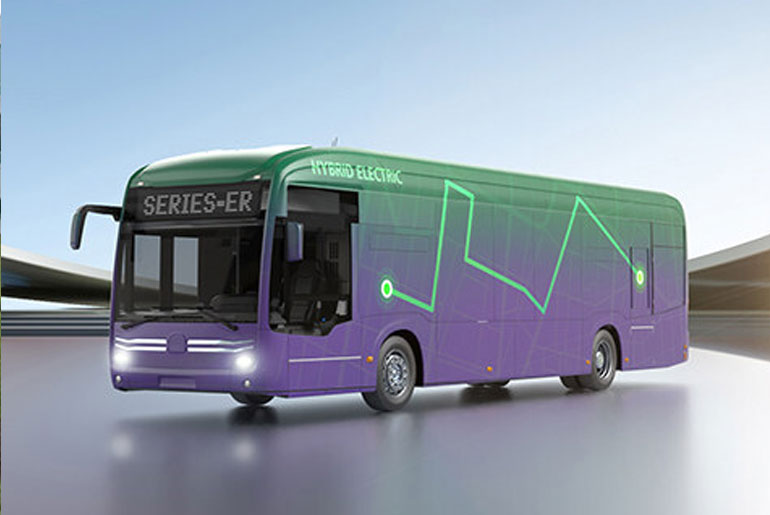The cutting-edge Gen3 electric drive system from BAE Systems has successfully finished testing at the Bus Research and Testing Center (BRTC) of the Federal Transit Administration (FTA), exhibiting best-in-class emissions and fuel efficiency.
During testing, the bus, which was outfitted with propulsion and auxiliary power controls from BAE Systems, achieved an average fuel efficiency of 6.6 miles per gallon, which established a new standard for a hybrid-electric bus in North America. Significant decreases were also seen in all emissions categories as a result of fuel savings. The Gen3 system was created to increase power delivery, accelerate vehicles, shorten the time needed for replacement and maintenance, and drastically lower pollutants and fuel consumption in hybrid buses.
“BAE Systems’ Gen3 drivetrain technology raises the standard again for the transit industry,” stated Bob Lamanna, vice president and general manager of Power & Propulsion Solutions at BAE Systems. “The test results highlight the efficiency of our proven technology, which enhances sustainability while delivering the reliability, performance, and cost savings that transit authorities expect.”
For several months, the bus was tested with the company’s Gen3 drive train system across various duty cycles to monitor fuel economy and emissions performance. BRTC staff also evaluated the bus for maintainability and noise levels. With testing completed, FTA grant funding for the system is now available for transit agencies around the country.
BAE Systems’ Gen3 system includes a traction motor, onboard energy-storage system, and smart-power electronics to create a clean, integrated electric propulsion and accessory power system for buses. The modular power control system and electric motor also use fewer components, connections, and cables compared to previous iterations. This increases reliability and makes it easier to service, while still delivering a smooth and quiet ride for passengers.
The system builds on proven components with next-generation developments, incorporating advanced materials such as silicon carbide with a lightweight, compact design to maximize electrical efficiency, improve fuel economy, and decreased emissions.
BAE Systems has nearly 30 years of experience developing and integrating electric drive systems for buses and heavy-duty vehicles. The company has more than 19,000 systems in service on transit buses worldwide, including on hybrid-electric, battery-electric, and hydrogen fuel cell applications. Its electric propulsion technology is developed and serviced at the company’s facilities in Endicott, New York and Rochester, U.K.



